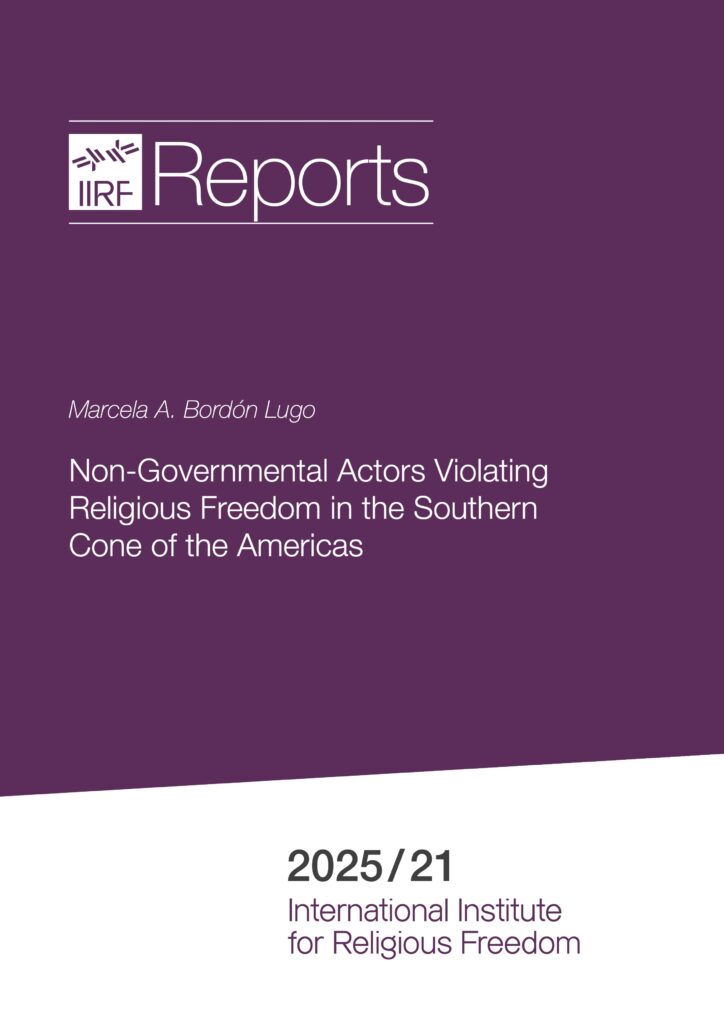Analyses of restrictions on religious freedom often begin with the actions of authoritarian governments or discriminatory state policies. Yet, in the Southern Cone of the Americas, many of the most significant constraints arise from non-state actors.
These actors exert pressure through direct violence, social exclusion, symbolic coercion, and territorial displacement. This brief report seeks to identify such actors and to show how their actions shape a complex, and often overlooked, panorama of restrictions on religious freedom.
It is important to note that the present report is not intended to be exhaustive or definitive; rather, it is an approach to a social and cultural context with which some readers and academics may be unfamiliar. For this report, the Southern Cone is understood as the region integrated by Argentina, Chile, Paraguay, and Uruguay.
The report addresses four thematic axes: (1) indigenous communities, (2) orga-nized crime, (3) secularism and ideological groups, and (4) the paradox of confessional or faith-based organizations that, in some cases, have become obstacles to the promotion of religious freedom.
